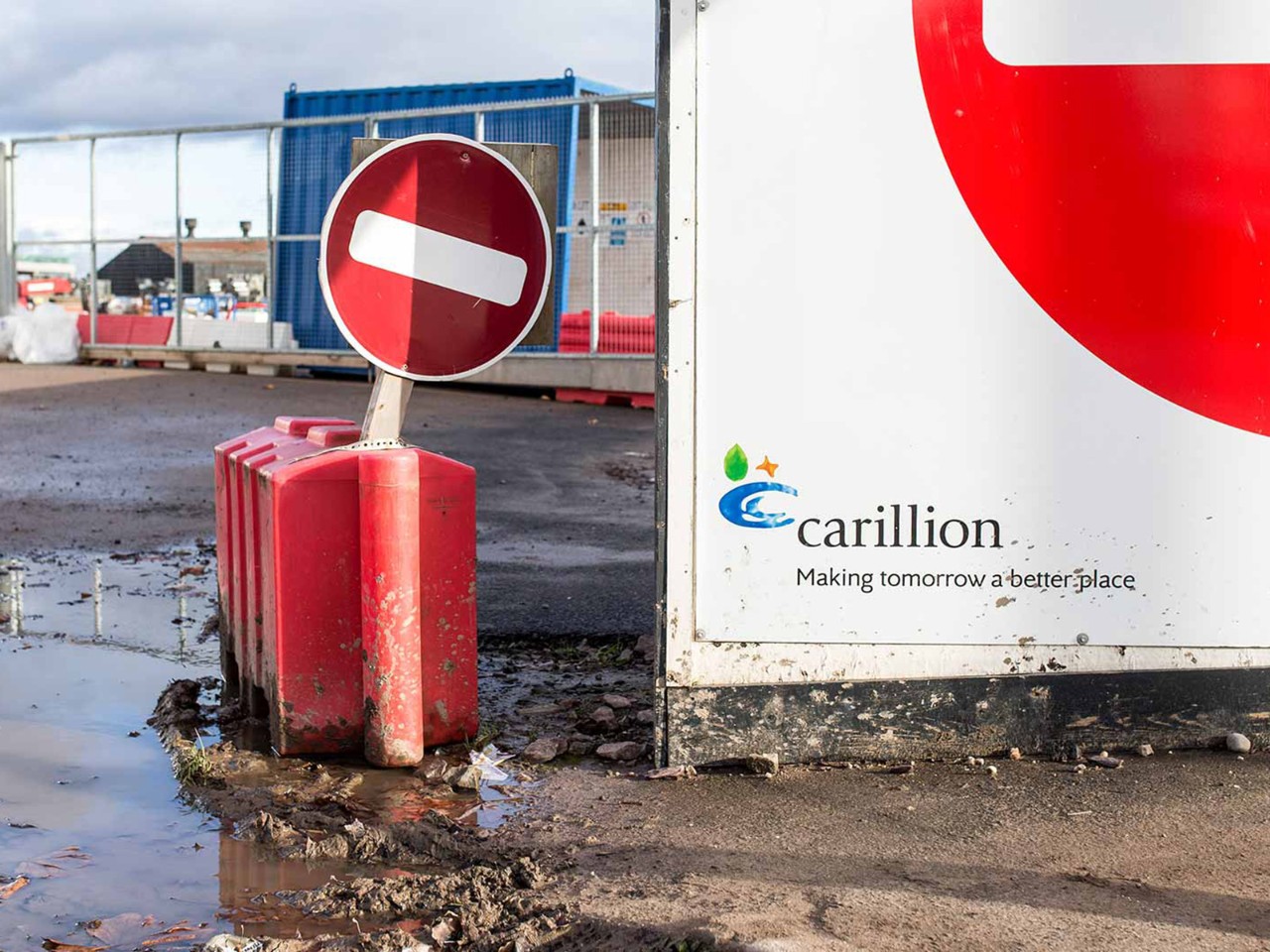
The fast-moving geopolitical conflict over Ukraine has become a major source of volatility for financial markets. The concern among investors is natural given Russia’s pivotal role in global energy markets – it is the world’s second largest producer of natural gas and third largest producer of oil. Any disruption to energy supply could impose a particularly heavy burden on European nations, which rely on Russia for around 40% of their natural gas.
But the history of geopolitical crises provides some reassurance to investors. Since the Japanese attack on the US navy base at Pearl Harbor in 1941, US stock prices have risen within 12 months from the onset of a crisis 75% of the time, according to analysis by investment advisory group Truist based on FactSet data. Around half the time, markets have taken only a month to recover.
Don’t assume that when a conflict fades from the headlines it stops being a business problem
Businesses, however, are often less fortunate, explains Charles Hecker, head of thought leadership on geopolitics at Control Risks, an international specialist risk consultancy, and former chief of its Moscow office. ‘The news cycle moves quickly, and financial markets can have a short attention span,’ he says. ‘But don’t assume that when a conflict fades from the headlines it has stopped being a problem for companies. Businesses keep doing business in these areas long after the spotlight has shifted elsewhere, so they need to be prepared.’
It is this fact that lies behind the growing willingness of more businesses to call in outside experts to help assess risks arising from political and geopolitical disruptions. These can take a wide variety of forms, from a country’s adoption of business-unfriendly regulations all the way up to war between nations.
It is wise to avoid groupthink by stress-testing views
Surge capacity
While some companies – especially multinational energy, financial or infrastructure businesses – go it alone in evaluating such threats, most are eager for assistance. Hecker says: ‘Even global firms with large in-house teams of internal experts occasionally need a little surge capacity or have to fill gaps in expertise in terms of a topic, region, country or sector.
‘It is also wise for companies to avoid groupthink by stress-testing their views and information – even if their internal experts are excellent.’ More modest-sized enterprises, he adds, may wish to rely even more on consultancies.
Political risk experts can evaluate potential perils and keep companies abreast of sector-specific changes in regulations. They can also help with finding solutions, facilitating entry into new markets, introducing companies to influential policy-makers, and lobbying to minimise political threats.
Not all consultancies engage in all these activities. Control Risks, for example, focuses on helping companies to evaluate geopolitical risks and to minimise their impact. Eurasia Group, founded by Ian Bremmer in 1998, has a similar model, while Albright Stonebridge – chaired by former US secretary of state Madeleine Albright – can help broker introductions and secure market access, and has former foreign affairs ministers from Germany, Spain and Portugal as well as a host of retired ambassadors on its staff.
Hotbeds of risk
Increasingly, however, the remit of political risk advisers has widened beyond counselling businesses over access to emerging or frontier markets. Brexit and the election of Donald Trump as US president underlined that even the world’s most long-standing democracies can throw political curveballs at companies.
‘There was a time when our western European analysts had an awful lot of spare time,’ says Hecker. ‘That is no longer the case. Traditional western democracies are now hotbeds of political risk – from the interminable UK-EU divorce to the potentially disruptive upcoming election in France.’
CFOs are eager to anticipate and address threats
Longer-term policy uncertainty is a big concern for many companies exposed to Germany’s energy sector, as the nation struggles with shutting down its nuclear capacity while transitioning from coal and addressing its heavy reliance on Russian natural gas, a position made more complicated by Germany’s recent announcement that it has has suspended the Nord Stream 2 pipeline project.
And political risk is increasingly impacting more stakeholders within companies. ‘Ownership of risk inside companies can be very diffuse,’ says Hecker. ‘We can end up talking not just with the chief executive, but CFOs, COOs and top security officers.
‘Specifically, we see that chief financial officers are eager to anticipate and address threats ranging from regulatory risks that will affect the operating environment, to the threat of nationalisation, contract frustration or expropriation.’ CFOs will also be eager to assess the potential exposure to bribery or corruption.
Conflicts
Tensions between countries can be particularly challenging for companies when disputes lead to higher tariffs (as was the case with trade tensions between the US and China during the Trump presidency) or a change in the terms of market access (as has been the case for both UK and EU businesses following Brexit).
Meanwhile, geopolitical conflicts can also interrupt the supply of crucial commodities. The 1973 Arab oil embargo was one of the few conflicts that had a sustained impact on financial markets, leaving US stock prices 36% lower 12 months after it began.
‘Consider threats well in advance – it’s hard to buy insurance on a burning house’
Rising protectionism over recent years, along with supply disruptions arising from the pandemic, has also encouraged more companies to examine ways to shorten or build redundancy into supply chains, or to return more production to their home country. Here again, political consultants can help steer clear of perils.
‘Closing factories can be a highly sensitive process, so we spend a lot of time explaining the risks and helping companies to mitigate them,’ Hecker says.
War insurance
Finally, in the event of a war between two nations, crisis management experts can help navigate the process of evacuating staff where necessary and restructuring supply chains.
‘Options can include war insurance, which covers losses related to military hostilities,’ says Hecker. ‘But here it’s important to consider threats well in advance. After all, it’s hard to buy insurance on a burning house.’



